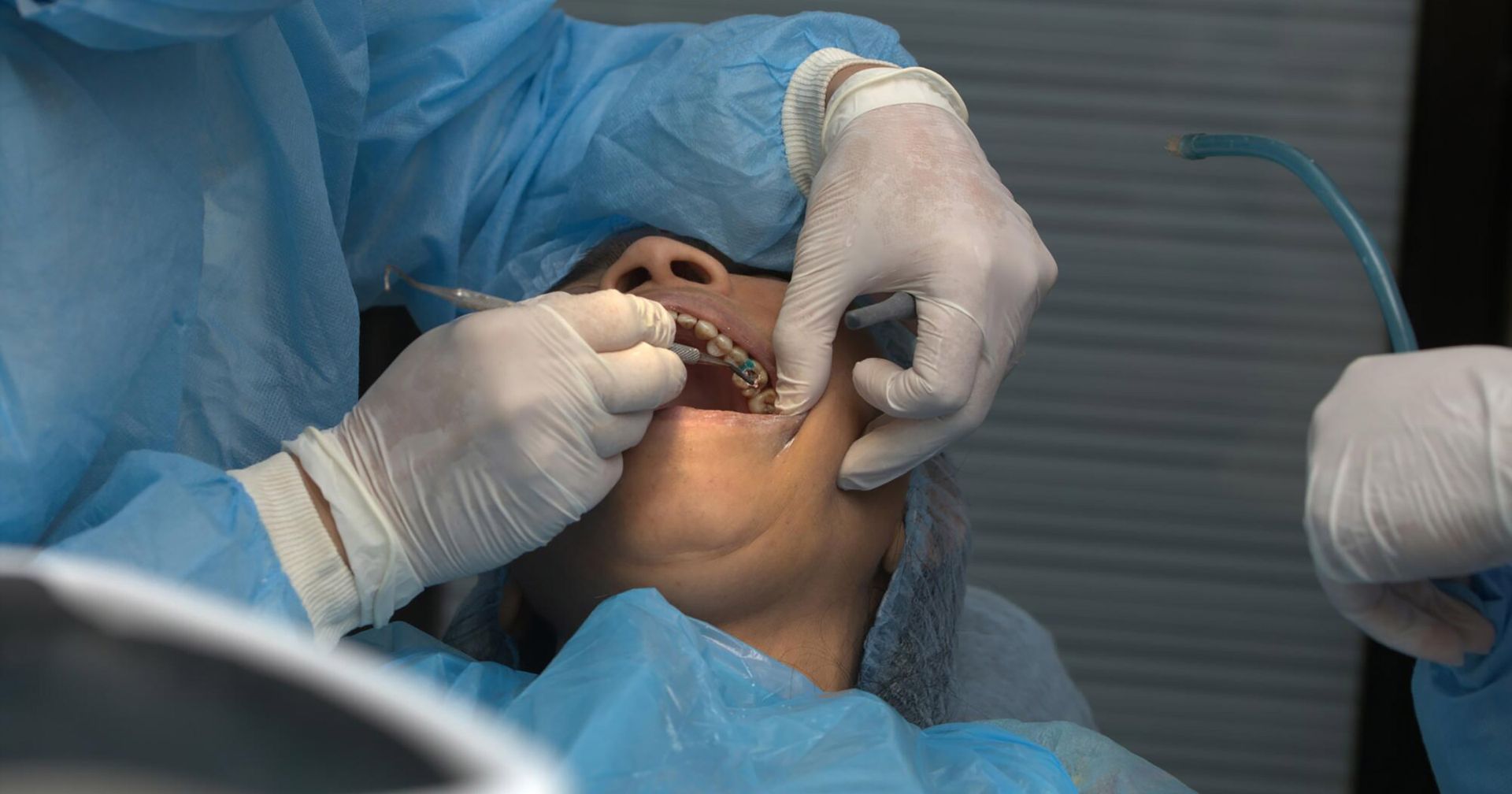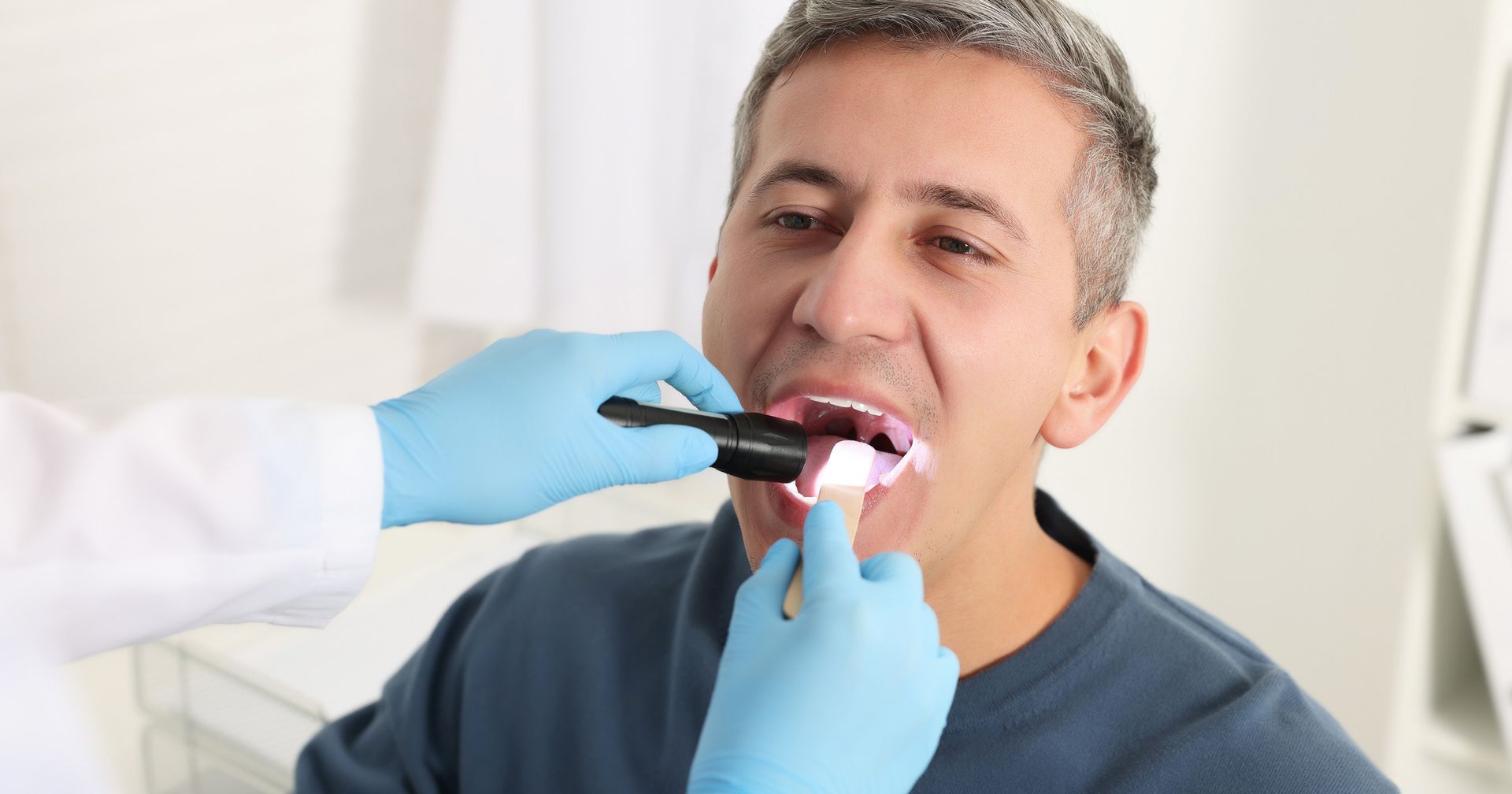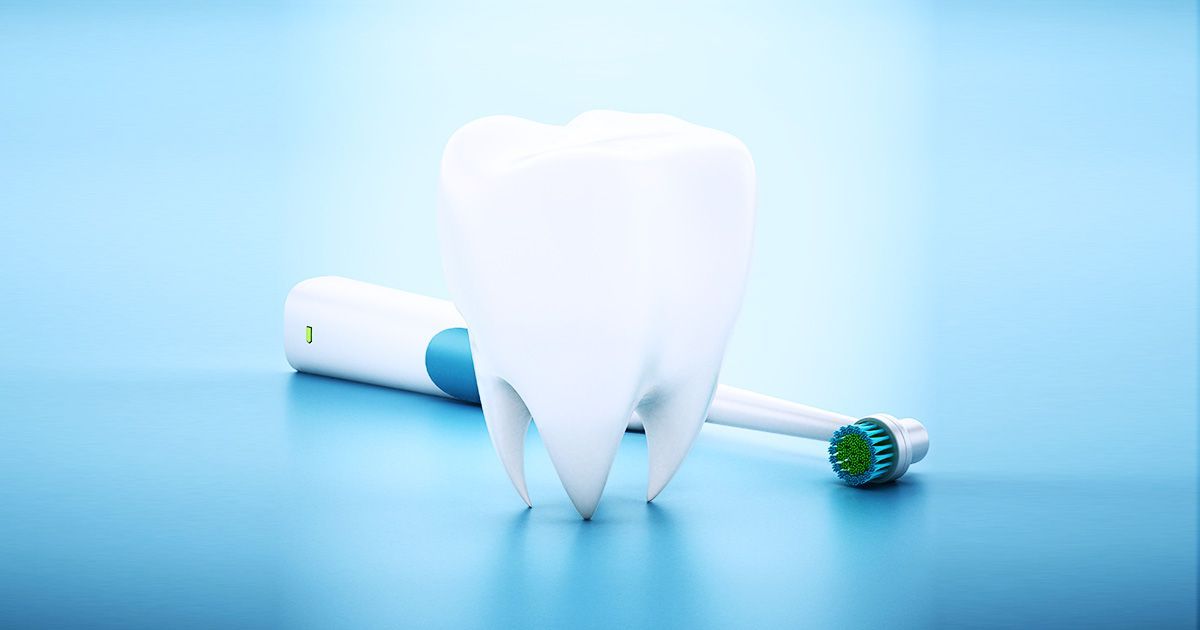Implant Longevity: Maintaining Implants for a Lifetime
How to take care of dental implants effectively? Explore key tips to keep your smile bright. Visit Dental Arts of Bedford for expert advice.

Dental implants are an increasingly popular choice for patients in need of restorative dentistry. According to research cited by Medical News Today, they have a 90-95% success rate and can seriously improve a patient's dental health.
With the right care and precautions, your implants can last a lifetime. We're here to let you in on what proper dental implant care looks like, from post-surgery care to long-term care.
Read on to learn how to take care of dental implants, keep your dental crowns in good condition, and more.
How to Take Care of Dental Implants
Once you understand how dental implants work, it's time to start thinking about what you can do to take care of them. We're here to share our top dental implant care tips, starting with post-surgery oral care.
Follow 24-Hour Aftercare Instructions
The specifics of your post-operative care will vary based on factors like the type of implant you get and your overall oral health. However, most patients should:
- Abstain from rinsing for 24 hours
- Use ice packs to control swelling in the first 48 hours
- Eat a liquid or soft food diet for three to four days
Your dentist will provide all additional instructions before your surgery is scheduled.
Practice Careful Oral Hygiene
When brushing your teeth after your dental implant surgery, make sure to use a soft-bristled toothbrush. Use very light pressure when brushing around the surgery site.
For several days or weeks after the first 24 hours, you may need to use a saline rinse at least once a day. This can control bacteria levels to prevent infection.
Avoid or Quit Smoking
Smoking and tobacco use can have a very negative impact on your dental implant. The Journal of Research in Medical and Dental Science notes that smoking can increase your risk of dental implant failure.
Even after your implant heals, we urge you to abstain from smoking. Smoking may weaken the jaw bone and increase your chances of gum disease, both of which can cause long-term dental implant complications.
Eat for Your Oral Health
Eating a healthy, balanced diet can support your overall well-being and boost your immune system. This is a great way to prevent delays or complications during the healing process.
You should also avoid foods that can worsen your oral health or damage your implant. For example, excessively hard or sticky foods can damage your teeth.
Work With Your Dentist
When you're choosing a dentist to perform your dental implant surgery, make sure they take a comprehensive approach to aftercare. Post-operative appointments allow your dentist to assess how well your dental implant is healing before installing permanent crowns.
You should also return for your biannual cleanings. Maintaining dental health is much easier when your dental team can examine your teeth often.
Caring For Your Dental Crowns
Now that you know how to take care of dental implants, let's talk about another important element of restorative dentistry: the dental crown that adheres to your dental implant. Here are the top ways that you can keep your dental crowns in great condition for years to come.
Be Mindful of Staining
When you get your permanent crown, your dentist will work to match the color of the crown to your surrounding teeth. This gives the crown a natural, seamless appearance.
However, crowns can stain, and whitening treatments can't remove those stains. Be mindful of staining and limit your intake of beverages like red wine and coffee.
Ditch Bad Chewing Habits
Like natural teeth, dental crowns can chip or break. We urge patients to avoid using their teeth as tools. In other words, don't use your teeth to rip open packages or bottles.
You should also curb habits like nail biting. Even something as simple as chewing ice or pen caps can damage your dental crowns.
Wear a Mouthguard
According to Healthline, porcelain dental crowns can last an average of 5-15 years or longer with proper oral care. This can be more challenging for patients who clench their jaws or grind their teeth.
Talk to your dentist about using a custom mouthguard to sleep. If you play any contact sports, you should also wear an athletic mouthguard during practice and games.
Signs of Dental Implant Failure
Before you get dental implants, it's important to discuss the potential problems that can arise, including dental implant failure. Here are some of the most common signs that you need to visit your dentist to have your dental implant looked at.
Implant Mobility
As your dental implant heals, it will fuse to your jawbone in a process called osseointegration. At no point should it feel like it's:
- Getting loose
- Wobbling when you eat or talk
- Shifting or drifting into a new position
If you notice any signs of implant mobility, particularly after the first weeks of healing, call your dentist right away.
Visible Changes
When you practice your implant cleaning routine, pay close attention to how your gums, implant, and dental crown look. What you don't want to see is:
- Swelling and inflammation
- Gum recession
- Exposure of the titanium dental implant post
Schedule a visit with your dental team so they can take a closer look and determine what's causing these changes.
Pain and Discomfort
In the days following your dental implant surgery, you may experience mild to moderate pain. However, you should not experience:
- Prolonged pain
- Worsening pain
- Pain that comes in waves
- Difficulty chewing
- Allergic reactions
If it doesn't feel right, it could mean something is wrong. Give your dentist a call and explain your symptoms to find out if you need further treatment.
Maintaining Dental Health Is Easy With Dental Arts of Bedford
Learning how to take care of dental implants is the key to extending your dental implant lifespan. With the right partners, taking care of your oral health becomes simple. Dental Arts of Bedford is here to be that partner.
Sameer Dogra, DMD, is our oral surgeon and restorative dentist. With a focus on dental implants that has extended over 15 years, he has the most dental implant experience in all of Bedford.
Learn more about our practice and schedule your next visit.












